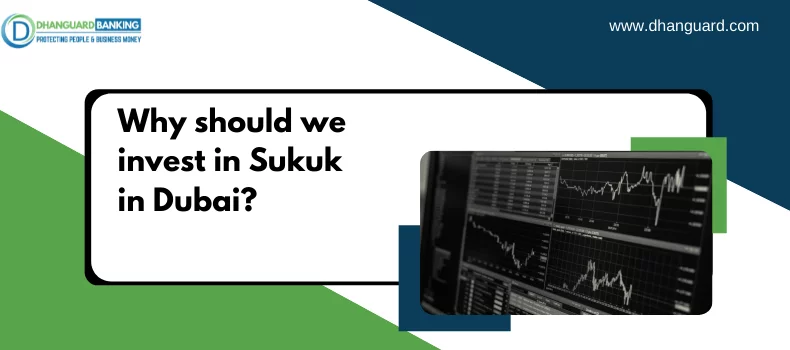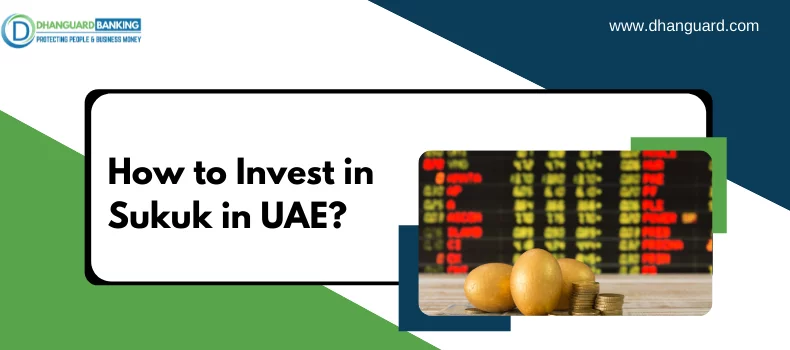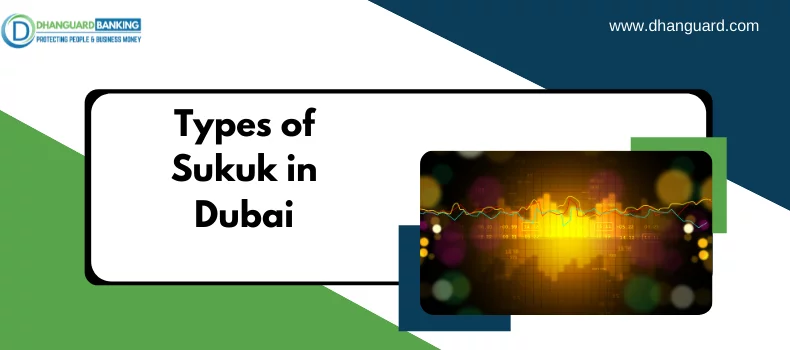Sukuk, or Sharia-compliant fixed-income capital markets instruments, have progressively increased their share of global markets over the last decade. They are often wrongly referred to as "Islamic bonds."
The worldwide market for sukuk, which was initially formed mainly in jurisdictions with a majority Muslim population, has witnessed significant growth in the last ten years, with a number of high-profile corporate issuances and a number of sovereigns accessing the market.
Sukuk are financial securities with Sharia-compliant terms and structures, with the goal of producing returns comparable to those of traditional fixed-income instruments such as bonds.
Unlike a traditional bond (secured or unsecured), which represents the issuer's debt obligation, a sukuk technically represents an interest in an underlying Sharia-compliant funding arrangement, entitling the holder to a proportionate share of the returns generated by the arrangement as well as the return of the capital at a future date. Dhanguard will tell you the further details with the help of this blog about Sukuk.
Types of Sukuk
The majority of sukuk issued in global capital markets are structured as trust certificates, which are primarily controlled by English law. Sukuk structured as participation notes have been issued in various civil-law jurisdictions that do not recognize the idea of trust, using laws similar to that used for asset-backed securities.
Certificates of Trust
The entity seeking funds (the obligor) will create an orphan offshore special-purpose vehicle (SPV) in a suitable jurisdiction in a conventional trust certificate transaction. The SPV offers trust certificates to investors and uses the funds to enter into a funding arrangement with the obligor, with the SPV's rights as a financier held in an English law trust in the certificate holders' favor.
Civil-law Arrangements that are Different
The concept of a trust must be recognized in the relevant jurisdiction where the obligor is located in order for the trust certificate structure to work. This is extremely rarely the case in many jurisdictions, particularly those with a civil-law tradition. As a result, new structures have emerged to allow sukuk transactions to be conducted in line with local regulations.
Credit Risk for Investors
Despite the fact that the sukuk is issued by an orphan SPV, the investor will likely not be exposed solely to the SPV's credit risk. On the contrary, today's typical sukuk transactions are largely designed to expose the investor to the obligor's credit risk.
Potential investors must assess whether the sukuk merely gives recourse to the obligor or additionally to a separate segregated estate comprised of the assets subject to the underlying funding arrangement. The answer to this fundamental question may not always be evident in today's sukuk market.
Asset-backed vs. Asset-based Financing
The predominant dependence of investors in an asset-based sukuk structure is on the obligor's credit strength rather than the underlying assets. Because the obligor understands that the investors are relying only on the obligor's credit strength, the obligor can simplify its asset reporting and segregation.
The profit and capital returns on an asset-backed sukuk are ultimately determined by the assets. Investors are likely to wish to analyze the worth of the assets (and the corresponding underlying transaction) themselves, unlike with an asset-based structure.
Benefits and Drawbacks of Sukuk
Some important benefits of joining the sukuk market for a company or a sovereign include:
- If issuers active in Islamic markets are looking for investments in those markets, there may be a marketing benefit.
- The Islamic compliant investor pool is still largely unexplored, and there has historically been enormous unmet demand for assets such as sukuk.
- There is the possibility of crossing into other specialist financial markets, such as the broader ethical investment market, which might be beneficial in terms of reputation.
Some Disadvantages of the Sukuk Market include:
- The credit status of the obligor is a significant factor in attracting investors, hence it may be difficult for corporate or sovereigns with poor credit ratings to access the sukuk market.
- A sukuk with an underlying funding arrangement based on ijara will compel the obligor to have adequate income-producing assets to use as a foundation for the transaction. Furthermore, the substitution of identical assets into and out of the structure would be impossible unless the necessary mechanics were included in the documentation. This may restrict the obligor's capacity to sell or trade with the asset during the transaction's term.
- There is no definitive unified and fixed body of opinion on these matters because Sharia experts have varying perspectives on how compliant the structures are.
- In some jurisdictions, the tax status of sukuk differs from that of traditional bonds.
How does Sukuk Work?
Investors who purchase Sukuk and become Sukuk holders receive a certificate from the issuer as proof of ownership, as well as the right to receive monthly profit payments on the principle amount invested. The principal amount invested will be returned to the Sukuk holder upon maturity. As with other Islamic financial instruments, there are several ways to accomplish the same goal, and the above is only one of them.
Periodic profit payments, for example, could be in the form of profit-sharing or asset rental.
Depending on the project that the sukuk is financing, several varieties of sukuk are based on different Islamic contract structures (Murabaha, Ijara, Istisna, Musharaka, Istithmar, and so on). Sukuk can be rated on a sovereign and corporate basis, just as traditional securities. The rating analyst or rating agency will primarily focus on the instrument's credit rating and any projected defaults or losses, with the legal, structure, and underlying assets of the Sukuk receiving top importance. It should be noted that the rating agency will only include Sukuk assets if they are there; otherwise, the rating will be based on the borrower's portfolio.
Conclusion
Sukuk is a trustworthy asset that is classed as guaranteed securities (Islamic) and is more powerful than classifiable bonds and investing by enterprises, institutes, and the general public. This financial instrument can be used to attract and accumulate assets from disparate societies, as well as to create an appropriate portfolio to offer investors with the greatest benefit consistent with Islamic values. Connect with Dhanguard for more details.
DhanGuard: All-in-One Solution for Business Setup in Dubai, UAE
DhanGuard is your ultimate one-stop solution for all your business needs. Whether you’re planning to set up a new company or expand your existing business in the UAE, we’ve got you covered with our comprehensive range of services. From Business Setup in UAE and Company Formation in Dubai to managing your financial and legal compliance, we provide everything you need under one roof.
Our services include:
- Company Formation in UAE and Dubai
- Opening a Business Bank Account in UAE and Dubai with a 99% success rate
- VAT & Corporate Tax Compliance
- Accounting, Bookkeeping, and Auditing Services
- Trade License Renewal
- Golden Visa Assistance
Let DhanGuard make your journey of Business Setup in Dubai seamless and hassle-free!







